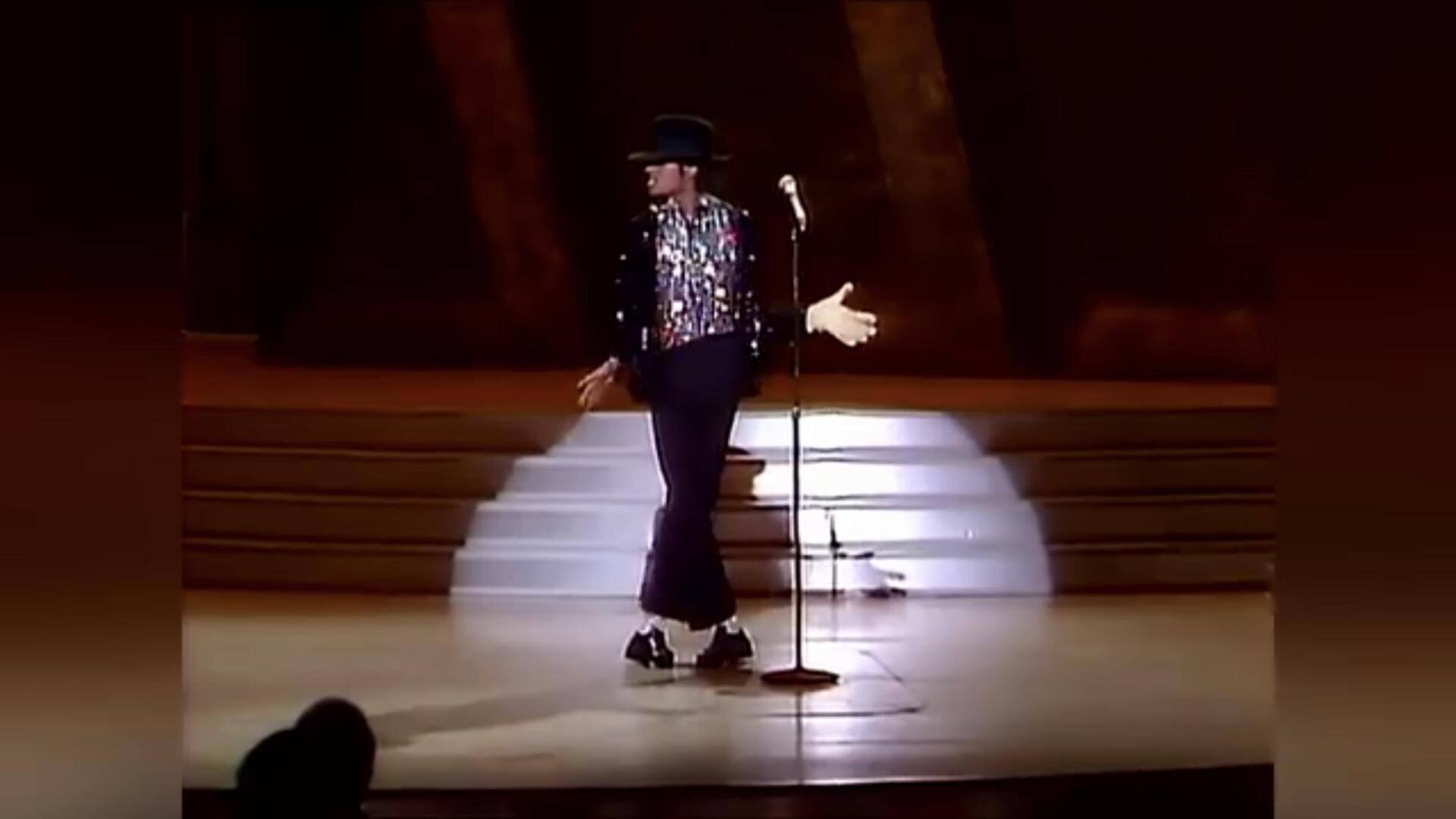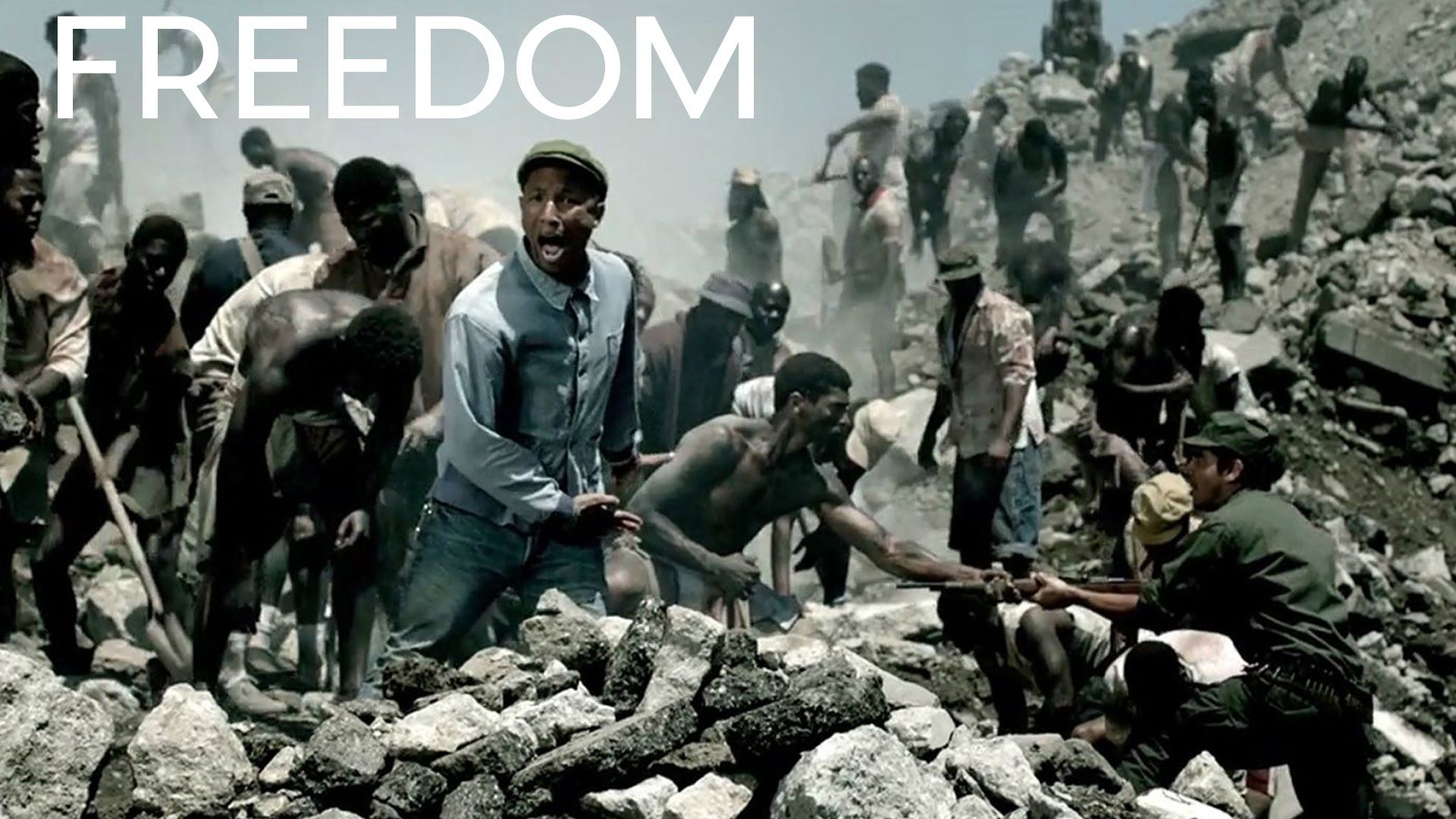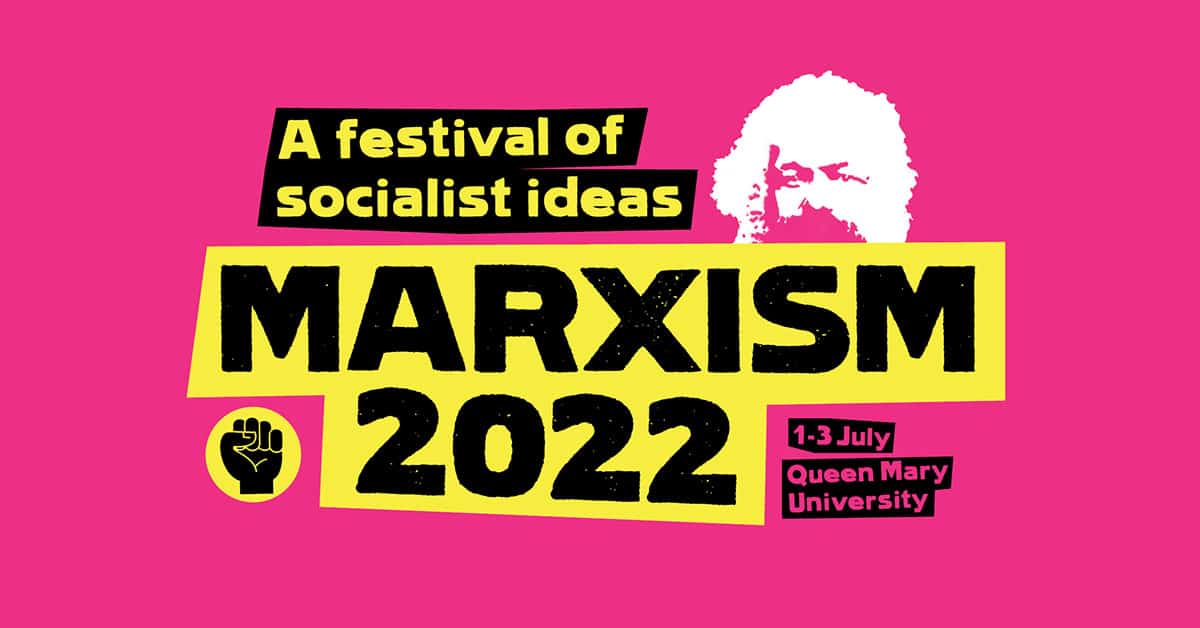Trains of Thought
Cultural Theories of Speed and Solidarity

Marxism 2022: Reflection Two
“We have no image of capital, capital itself is a kind of pure relationality, a pure abstraction of value, labour, and accumulation, which can only be ‘seen’ in negative. This is why the negation of real abstractions demands further abstraction, as abstraction is the only possible means to reveal this pure relationality which conceals itself in plain sight.”[1]
Will I ever tire of hearing adolescent Marxists call for the dissolution of ‘the system’ of worldwide capitalist relations? So long as said intellectuals continue to search for a center in a decentralized network of exchange, I don’t believe I shall. Uncritical satisfaction of this sort takes various forms, the most visible of which is the sustained belief that knowledge is power. We have but to broadcast our message, to share the truth, to awaken natural resistance, to stir class consciousness—in short, to take up the proper cause of history—and the tides will turn into the changeless utopia of harmony where not even warm wind blows!
Any system based on eschatological expectation is eminently vulnerable to collapse. Overbeck taught this truth: historical determinism can only self-destruct, even if it fulfills some manner of its prophecies. But of course, the firebrand Charlie Kimber doesn’t want to hear it. We are, he tells us, already too late in facing all manner of worldwide crises. As such, our response is prefigurative: it’s not up for debate, it simply must be done! Kimber, who advocates for a form of revisionist Leninism, is happy to embody the only logical alternative to his crisis—just as he calls for its response to be crystallized in a vanguard socialist party. He was pleased to ignore my question on the structural nature of crisis: he cannot fathom that crisis has become the means of stabilizing instability and driving groundless speculation.
But what strikes me more directly as problematic here is the communist’s uncritical reliance on the commodity of resistance. What better to perfectly embody toxic teleological expectation? Will someone tell young Marxists (and old ones alike!) that selling shirts of Che Guevara in sunglasses and handing out ‘smash capitalism!’ buttons has already signaled their defeat? That we can’t tweet about the failures of a crippling neoliberal system on our iPhone while waiting for Starbucks! Such is the lesson that Howard Beale taught in ’76, that your expressive outlet for revolutionary energy has captured any real revolutionary potential!
“We’re as mad as hell, and we’re not going to take this anymore!”
That’s part of immediate action’s necessarily restrictive character. It’s a fetish shared, funny enough, with the horizontal leftism that organized Leninist socialism usually disavows. Politics are purchases, but moreover politics are presence, affected by both the commodity and by the body at large—one’s place in the universe of possibility in 21st century socialism’s world of things sold to it by Kapital. The commodity is a purely immerse thing. It is also a non-thing: it is and it isn’t. Commodities exist in larger worlds beyond themselves, which is part of why the moment of consumption remains so momentary. Imagine the satisfaction of consuming something actually gratifying!
The demand of equality, of the overpowering equivalence of commodification, makes everything exchangeable with its image. Any protest is a spectacle: every spectacle a commodity. The drama of alienation is over. As Baudrillard memorably put it, we have become inundated in, overwhelmed by, the ecstasy of communication.
2 July 2022
[1] Benjamin Noys,
The Persistence of the Negative (Edinburgh, Edinburgh University Press: 2010), p. 168.
Trains of Thought | All Rights Reserved







